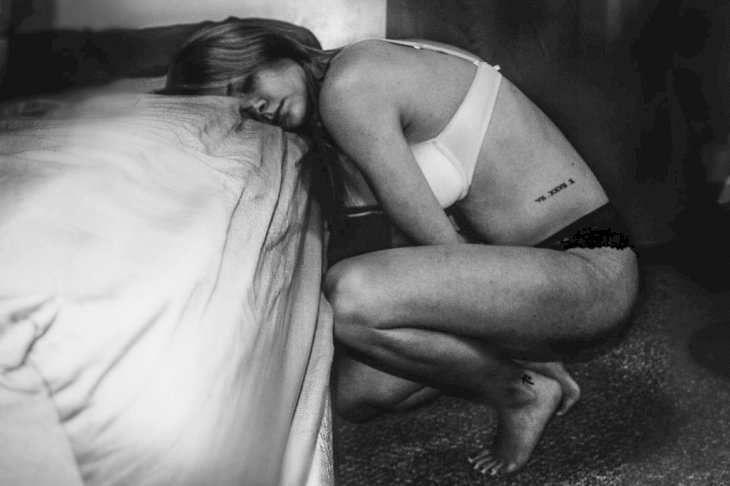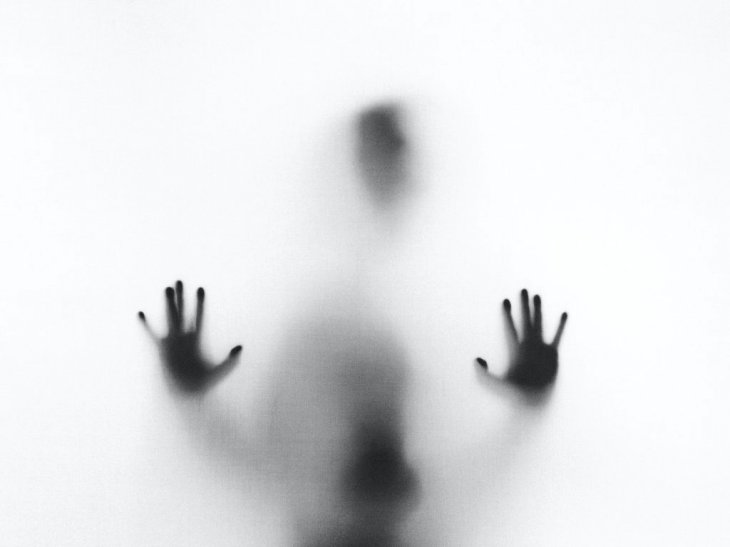
Unpacking What Post-Partum Depression Is and How To Deal With It
Everyone gets the baby blues; you might feel tired, sad, or worried about the new person you're to care for. For some mom's those feelings are more intense, and it doesn't go away as quickly.
When you have a baby, the last thing you expect to feel is sad because you're excited about the new addition to your family. Postpartum depression can change a super excited mom and make you feel less capable.
Postpartum depression should never be taken lightly, and there are symptoms to look out for. It is also a completely manageable disorder and can be overcome over time, but don't worry; you won't be losing time with your baby.
What To Look Out for

Unsplash
At least a day after you give birth and your hormone levels will drop back to normal; drastic changes in hormones will leave you feeling a bit different. You might experience mood swings and tiredness because of this sudden change.
With postpartum depression, this feeling doesn't go away after a few days, and it feels much worse than the baby blues. Many experience feelings of hopelessness and feel overwhelmed taking care of the new baby, or even feel like they're a horrible mother.

Unsplash
Postpartum depression can cause symptoms similar to depression and affect your eating or sleeping patterns. Some even experience anxiety which can result in chest pains, stomachaches, and headaches.
Some moms can't connect with the baby and feel as if the baby isn't theirs. This could contribute to why they don't want to take care of the baby and can even leave them with the urge to hurt themselves or the baby.

Unsplash
Postpartum can leave you with brain fog that can affect your memory, ability to focus and even make it difficult to make sound decisions. Like depression, it can leave you feeling drained and listless.
Postpartum depression can change a mom from being excited about her baby to someone who is emotional and crying all the time. Sometimes you know why, sometimes you don't, but being emotional can be exhausting.

Unsplash
Being consumed by all the emotions and criticizing yourself so harshly might make you uninterested in things you once enjoyed, like going out with your friends. It can even take away experiences that you looked forward to, like spending time with the baby.
With one or more of these symptoms going on, it can be hard to get things done and feel overwhelmed with responsibility. The symptoms don't go away after two weeks which is when the baby blues usually clear out, but these symptoms can start anytime in the first year of the baby's life.
How To Deal With Postpartum Depression

Unsplash
If you think you or someone you love could be going through postpartum depression, you should speak to your doctor, nurse, or midwife about the symptoms to help find you the therapy or medication you need.
Therapy is a good option for a new mom to talk about her frustrations and feelings without feeling judged. Sometimes symptoms can be eased when you speak and let out what you're feeling, but your therapist can also help you find the right medication if you need it.

Unsplash
Different types of medications can be used to treat postpartum depression, but the most common type is antidepressants. Antidepressants can be taken while breastfeeding and can help ease the symptoms of depression.
Medications may interfere with your sex drive, give you fatigue, or make you extremely dizzy. If you experience these symptoms, you should speak to your doctor so they can make the adjustments accordingly.

Unsplash
Hormone therapy can help those with extreme hormone imbalances, but not all treatments are safe when breastfeeding. Medication like brexanolone can only be administered in the hospital and is dangerous for babies.
Severe cases exist where you can lose touch with reality and might not even recognize who you are. For these cases, a hospital stay is mandatory, and it's treated with antipsychotic medication.